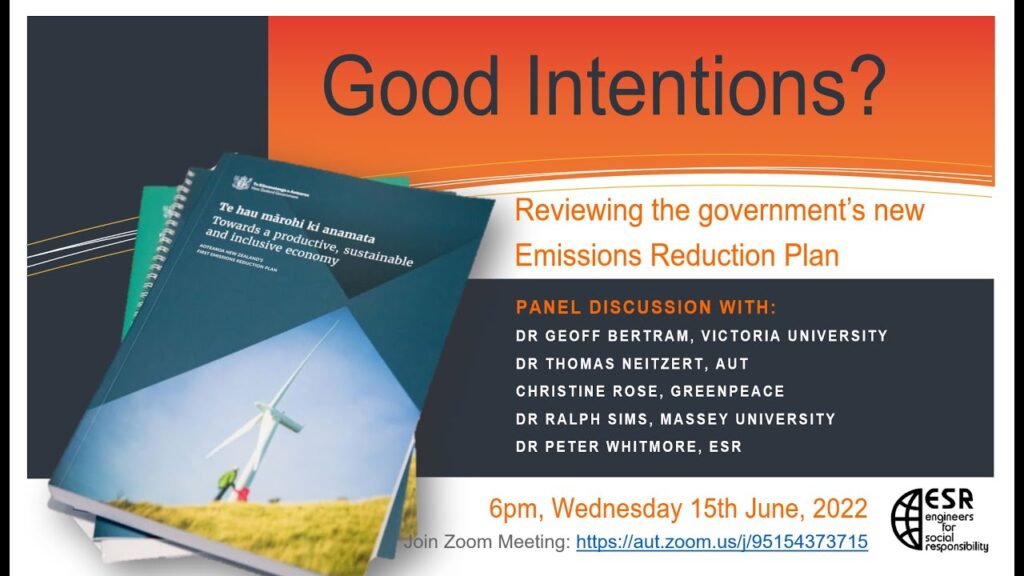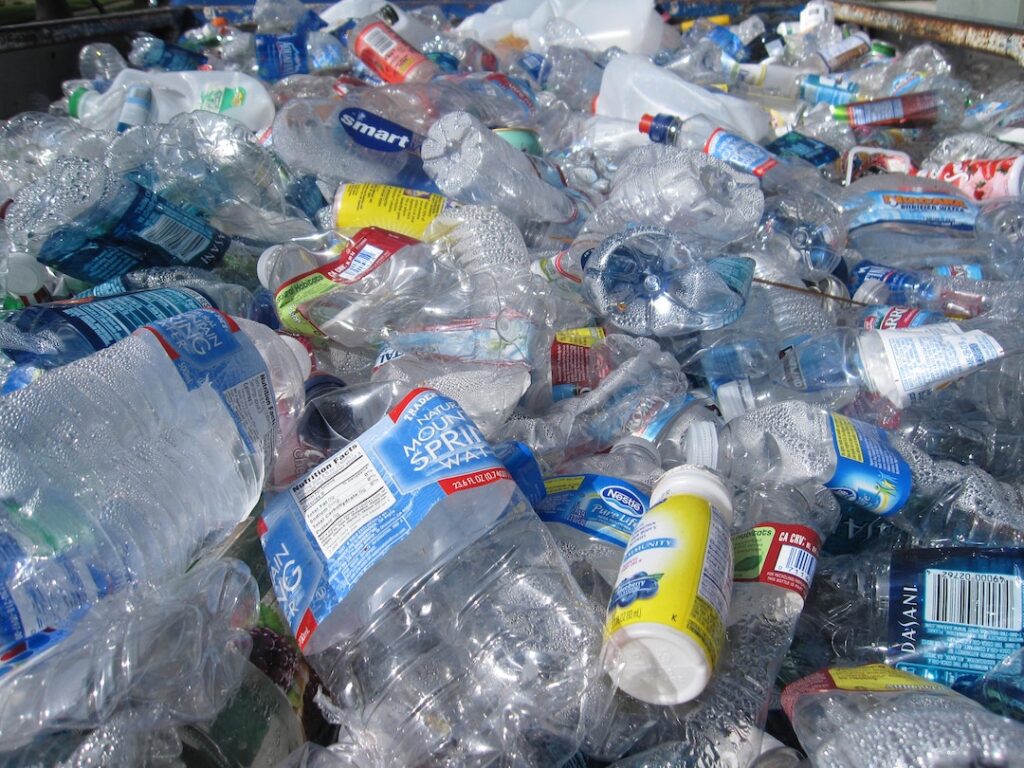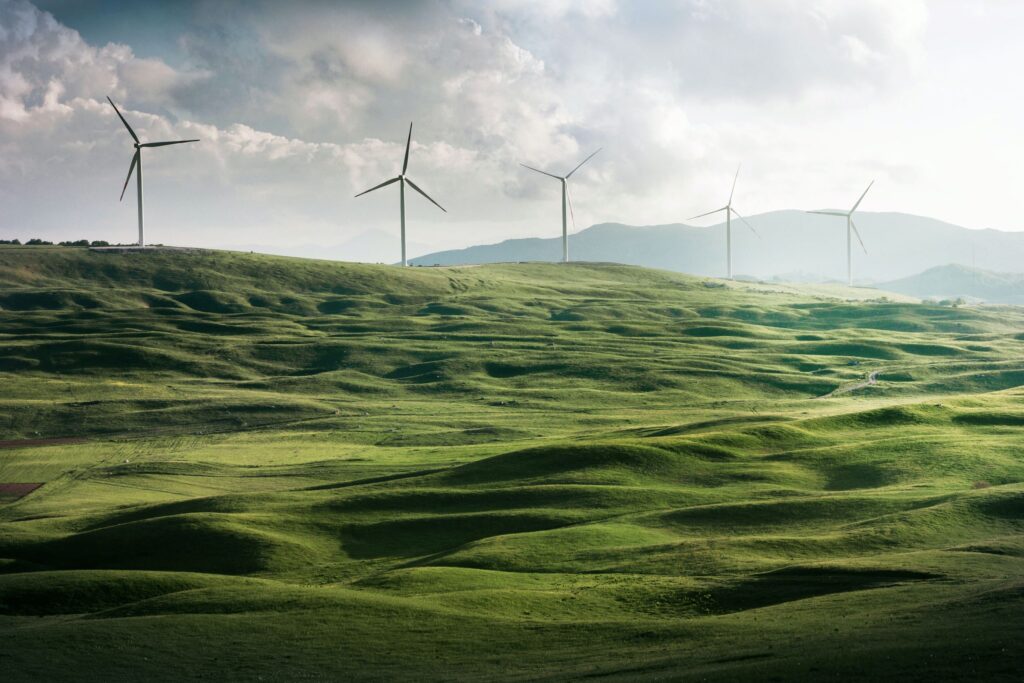Posts Tagged ‘Featured’
Good Intentions? Reviewing the Government’s New Emissions Reduction Plan
New Zealand’s first emissions reduction plan was released by the Ministry for the Environment on 16 May 2022. An expert panel offered its reaction and comments on the government’s emission reduction targets and on the policies and strategies to reduce emissions for sectors such as transport, energy, waste, building construction and agriculture. Challenges lie ahead if we are to make an appropriate contribution to global efforts to limit temperature rise to 1.5°C.
Read MoreApril 2019
– Stop trying to solve traffic and start building great places
– Accelerating Urgent Action in Urgent times
– More environmentally friendly architecture
– Concrete
– These wooden buildings are high rises
– Superadobe
– 20 Years since the Landmine Ban Treaty came into force
Climate Change – New Zealand and International Responses
Despite the critical need to address climate change, caused primarily by increasing levels of carbon dioxide (CO2) in the atmosphere from the burning of fossil fuels, response has been slowed by pressure from vested interests, a focus by some governments on short-term political objectives and the difficulties of reaching effective international agreements. Some countries are already taking effective action though, and the urgent need for others to join them is becoming extremely clear.
Read MoreRenewable Energy
Renewable energy is energy derived directly or indirectly from sunlight, wind, rain, tidal flows and ranges, waves, and thermal energy stored in the oceans, which are naturally replenished over fairly brief periods of time. Geothermal energy is also regarded as renewable because of the extremely large amounts of heat available from the earth’s core. Major sources of renewable energy include hydro power, wind power, solar power, geothermal power and bioenergy. Moving rapidly to greater reliance on renewable energy in place of fossil fuels has become critically important because of the urgent need to control global warming by reducing carbon dioxide emissions to the atmosphere.
Read MoreNew Zealand’s Paris Target
New Zealand’s commitment under the Paris Agreement, as stated in our Nationally Determined Contribution (NDC) promises that “Emissions will be reduced to 30% below 2005 levels by 2030. The 2005 reference has been chosen for ease of comparability with other countries. This responsibility target corresponds to a reduction of 11% from 1990 levels.” We are comparing our net target emissions with our gross emissions in the base year. Using net emissions for both indicates that our emissions are increasing and not decreasing.
Read MoreSocial Impacts of Climate Change
Climate change, combined with a number of factors including groundwater extraction and other pressures from population increases, is already impacting people who live in areas vulnerable to sea level rise, drought, or ice melt, many of whom are poor.
Read MoreClimate Change and Sea Level Rise
Current predictions are that global warming will likely heat up the world’s lower atmosphere between 2°C and 6°C by 2100. These temperature rises may not seem significant, but for some components of earth/ocean systems, they have huge implications. One of these is the effect on the world’s oceans and land-based ice reservoirs that will cause accelerating sea-level rise.
Read More








